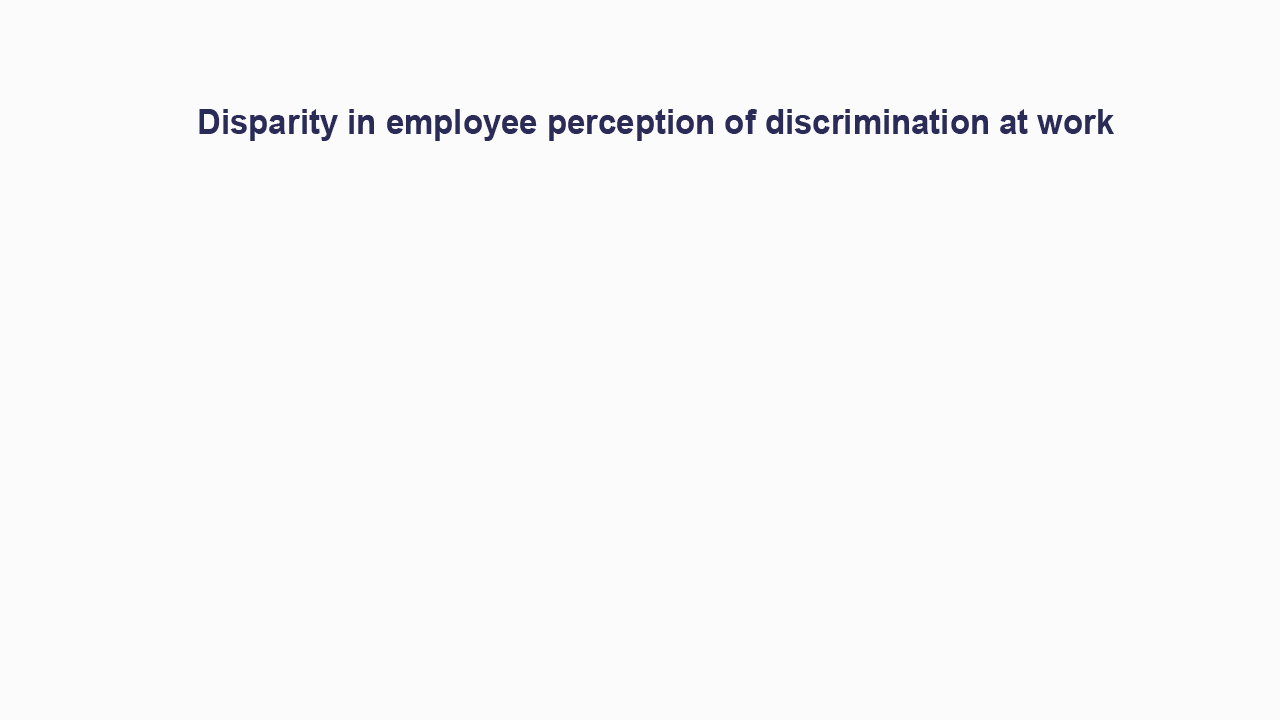The workplace as a new town square
Since March 2020, Weber Shandwick, United Minds and KRC Research have conducted four national surveys among American adults to explore consumer and employee attitudes about the response to COVID-19. Our latest research also evaluated perceptions on the extent to which companies have made progress on advancing diversity, equity and inclusion. The findings confirm a leadership vacuum exists amid eroding confidence in the government response to the pandemic, rising economic uncertainty, and continued social unrest over racial injustice.

Employers have assumed a unique role keeping employees safe and instilling confidence among key stakeholders, as they respond to the unfolding stages of the pandemic. In fact, the workplace is increasingly seen as a “town square”- a key vehicle for the enforcement of civic values and social progress.
In this crisis and likely for the foreseeable future, employer responsibility goes beyond providing products and services to consumers and jobs to employees. Employers are now expected to model societal values and advance social progress, even as other institutions fall short.
How companies rise to this challenge is likely to have lasting impact on reputation and ultimate success. In navigating the twin crises of COVID-19 and racial injustice, reputation is driven by actions from the inside out.
Below are select findings from our latest poll, conducted from June 15 to 17, 2020 among a sample of 1,004 adults drawn from a large national online panel. The survey is demographically representative of the U.S. adult population.
Key Findings
1. The nation is in a crisis of confidence
Most Americans are not confident that the U.S. has the leadership to guide the country through the pandemic, rising unemployment, and racial inequality. Specific to COVID-19, confidence in government bodies to stop the spread of the virus has decreased over time.


Many Americans would like business and civil society (non-profits and academic institutions, etc.) to play a larger leadership role, in addition to governments.
2. Most employers receive high marks from employees on their response to COVID-19 and for creating fair workplaces
Employers have mostly established credibility with employees in the way they have managed through the coronavirus pandemic. A majority of consumers (61%) are confident that employers are prioritizing health and safety as they open jobs and commerce—but 35% are not confident and others are not sure.
As of June, 72% of employees agree that their employer’s response to the coronavirus is exactly what it should be, and 69% say their employer is putting worker safety above profit, steady at this high level since early March.
In addition, employees who continued to work in an employee facility or office report their employer made many changes—top of the list includes regularly cleaning and sanitizing work areas (88%), promoting personal hygiene (providing hand soap, sanitizer, tissues, no-touch trash cans, disinfectants, 60%), requiring all employees to wear masks (60%), providing PPE (56%), and screening visitors and/or employees (56%).
- 76% of employees working in a workplace facility (that is, not from home) report their employer changed the way it works in order to lower the risk of being exposed to or spreading coronavirus.
- 66% of that group also say the changes their company made puts the safety of employees above other considerations.
On the issue of racial inequality, consumers are less clear on whether employees discriminate or not: 46% are confident that employers are fair and do not discriminate based on race or identity, but 48% are not confident.
Employees paint a more positive picture:
- 78% of employees agree their employer does not tolerate discrimination of any kind at work.
- 74% agree their employer has created a fair work environment where they can be themselves and contribute to the company.
However, there is an important disparity when broken down by race – the record is less positive for Black Americans.

3. Communications fosters employee pride & appreciation
It’s notable that employers who have regularly communicated on these issues score higher on positivity, confidence, and pride. Following the murder of George Floyd by the police, 42% of employees said their employer sent information to express the company’s intolerance for discrimination. Those employees were more proud of their employer than those who did not (87 percent vs. 68 percent).

4. Employees expect action and support
Most consumers (69%) and employees (70%) see the pandemic as an opportunity to decide what parts of the way we live and work are no longer acceptable and to make changes for the better. But first, employers will need to quell fears and reinvent the path forward to office life.

And while many employers have strengthened commitments to advancing racial equality in recent weeks, many employees believe their companies do not “walk the walk.”

In response to police brutality and the death of George Floyd, both consumers and employees expect employers to reiterate zero tolerance and commit to fighting racism, discrimination and unconscious bias, among other actions.
5. Internal Actions Drive Reputation & Consideration
More and more, consumers are watching the relationship that companies have with their employees. Our findings suggest customers will support businesses that lead with their values and demonstrate how they create a safe and fair work environment, through the pandemic and in the future.
- 83% expect businesses and employers to create workplaces that welcome diversity and do not tolerate discrimination

Key Implications
Consumers and employees are looking to businesses and employers to lead through these crises – to accelerate progress and to rebuild better. In order to meet this moment, companies must assess how their values have served them and whether these values provide the right foundation for the future.
If the workplace is a new town square, CEOs should be prepared to be civic leaders.
Today, corporate and employer reputation is being built and strengthened from the inside out: treating employees well secures not only top talent but also loyal customers.

